Find out about The Open University's Psychology courses and qualifications
Discover ways to alleviate stress and some of the symptoms of ill mental health with our interactives and articles written by our academic experts and have a look at our free courses.
-

Five tips for relaxing during difficult times
Read now to access more details of Five tips for relaxing during difficult timesModern life can leave many of us feeling stressed out. Here Dr Mathijs Lucassen offers five tips so that you can relax.
-
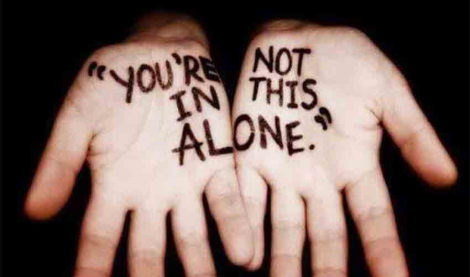
What can I do about my mental health when I don’t have the support I need?
Read now to access more details of What can I do about my mental health when I don’t have the support I need?What can you do if you're not comfortable talking about mental health issues with your peers? Dr Jonathan Leach and Dr Mathijs Lucassen set out six ways of getting the support you need.
-

How to manage the digital-related stress of technology
Read now to access more details of How to manage the digital-related stress of technologyHow can we avoid the stress and anxiety associated with the digital age? Dr Gini Harrison and Dr Mathijs Lucassen give us five tips...
-

The benefits of outdoor green and blue spaces
Read now to access more details of The benefits of outdoor green and blue spacesThe COVID-19 pandemic led to an increased focus on the value of participating in nature. This article explores how outdoor spaces can improve our mental health.
-

Five reasons why you should care about mindfulness
Read now to access more details of Five reasons why you should care about mindfulnessMindfulness is about focusing on the present moment, whilst at the same time accepting your feelings, thoughts, and body’s sensations. But why does mindfulness matter?
-

Stress and anxiety in the digital age: the dark side of technology
Read now to access more details of Stress and anxiety in the digital age: the dark side of technologyWhat is it about new technology that is making many of us anxious and stressed? Dr Gini Harrison and Dr Mathijs Lucassen explore the top five stressors:
-

Green care: contact with nature can improve mental health
Read now to access more details of Green care: contact with nature can improve mental healthCan being outside gardening improve our wellbeing? Discover three factors that account for the positive effects of 'green care'.
-
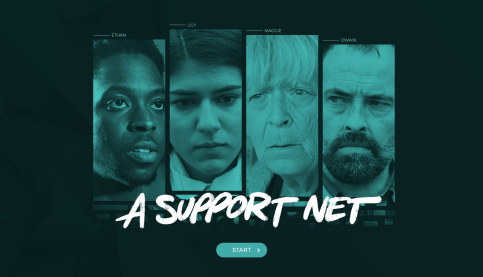
A Support Net: Can you help someone in need?
Take part now to access more details of A Support Net: Can you help someone in need?All of us will experience personal challenges, but could you make a positive impact on someone's life? Try our wellbeing interactive 'A Support Net' to see if you can help four people.
-

Work and mental health
Learn more to access more details of Work and mental healthAlthough being at work during periods of mental illness can be difficult for those with mental health problems, most people with these difficulties could take paid employment if it were not for numerous barriers in the workplace and the wider community (Centre for Mental Health, 2013). In this free course, Work and mental health, you will look ...
-
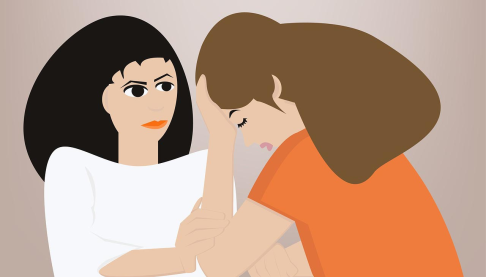
Do I have mental health problems and should I get some help?
Read now to access more details of Do I have mental health problems and should I get some help?How do we recognise if a reaction to a stressor has developed into a mental health problem? Here's a five point guide...
-

Depression, mood and exercise
Read now to access more details of Depression, mood and exerciseLooking for a few tips on increasing your mood? Dr Jitka Vseteckova explores the relationship between depression and exercise.
-
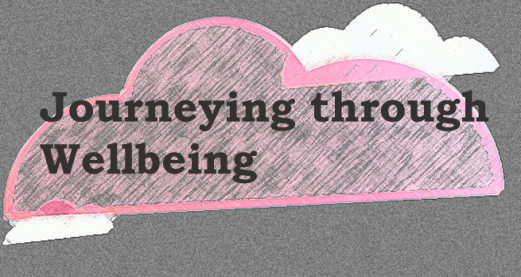
Journeying through Wellbeing
Take part now to access more details of Journeying through WellbeingTake a journey through Wellbeing and see how factors such as where we grow up, what happens to us, and our physical health, can all impact on our mental health and wellbeing.
Study a free course
-
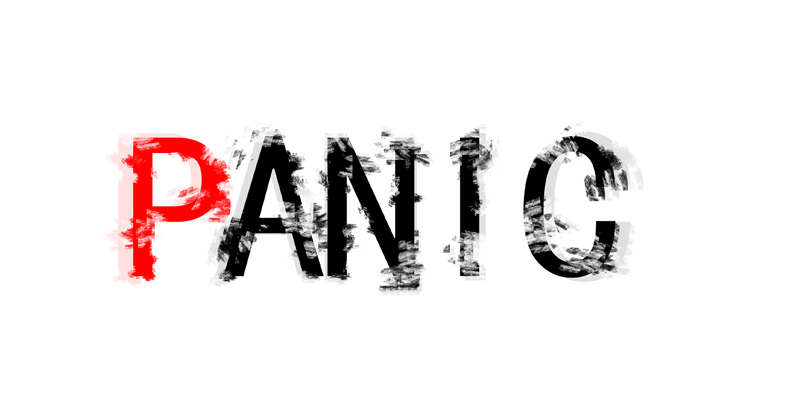
Panic attacks: what they are and what to do about them
Learn more to access more details of Panic attacks: what they are and what to do about themPanic attacks: what they are and what to do about them is a free course that should be helpful to anyone who experiences panic or panic attacks, for their family and friends, and anyone more generally interested in mental health and mental health treatment. The course starts by exploring formal definitions of panic and panic attack. These ...
-
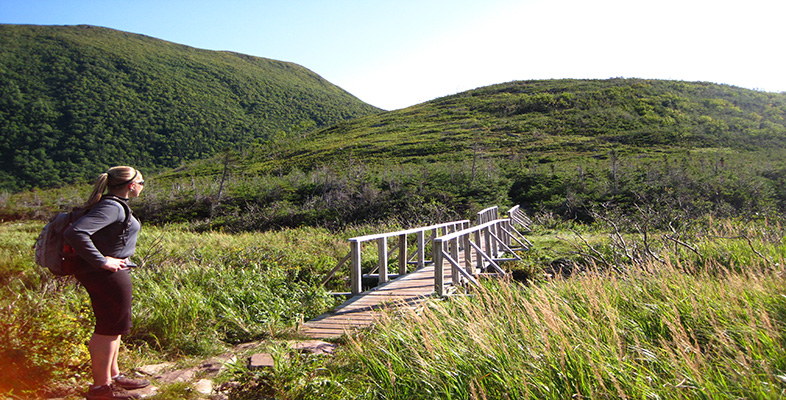
Exercise and mental health
Learn more to access more details of Exercise and mental healthEach year thousands of pounds are spent on medications to treat conditions such as anxiety and depression. These medications often have negative side effects. Exercise is an alternative treatment that is low cost and has few side effects. In this free course, Exercise and mental health, we will look at the links between exercise and improved ...
-

Work and mental health
Learn more to access more details of Work and mental healthAlthough being at work during periods of mental illness can be difficult for those with mental health problems, most people with these difficulties could take paid employment if it were not for numerous barriers in the workplace and the wider community (Centre for Mental Health, 2013). In this free course, Work and mental health, you will look ...
-

Supporting children and young people's wellbeing
Learn more to access more details of Supporting children and young people's wellbeingThis free course, Supporting children and young people's wellbeing, looks at some of the broader concerns regarding wellbeing and the idea that children and young people today are increasingly reporting feelings of unhappiness. By completing the activities, you will be introduced to different ways of understanding children and young people’s ...
-
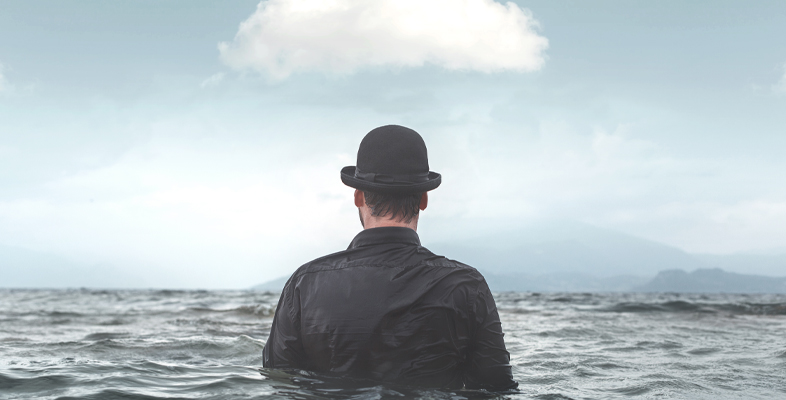
Exploring depression
Learn more to access more details of Exploring depressionThis free advanced level course, Exploring depression, serves as an introduction to masters level study in neurosciences and mental health. Focusing on depression, you will consider key issues concerning diagnosis, causes and interventions. You will also begin to explore theoretical models, biological and psychological explanations, and look at ...
-

Emotions and emotional disorders
Learn more to access more details of Emotions and emotional disordersIn this free course, Emotions and emotional disorders, you will learn about some of the disorders related to the feelings of stress, sadness and anxiety including how these disorders are diagnosed, their biological correlates, and evidence of their possible causes.
Rate and Review
Rate this article
Review this article
Log into OpenLearn to leave reviews and join in the conversation.
Article reviews